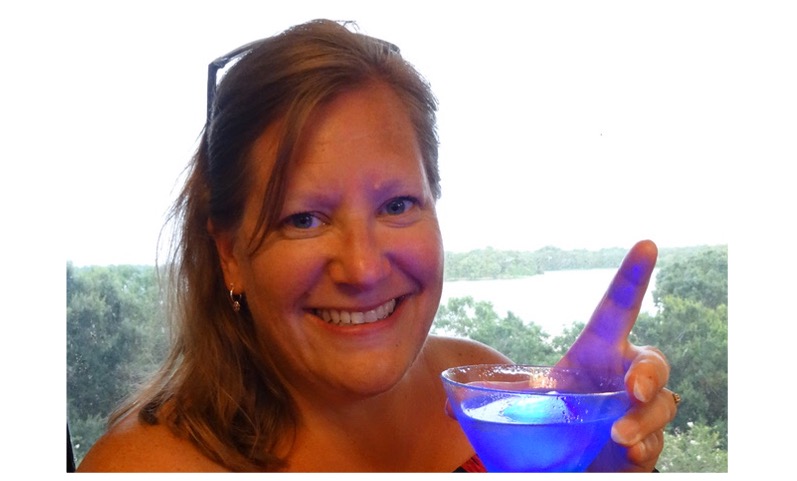Sarah Old is a part-time student on the MSc in Educational Assessment course, which directly relates to her full-time job at the exam regulator, Ofqual. She graduated from the University of Sheffield in 1994 with a BSc in Animal and Plant Biology.
What degree did you apply for and why was it important to you to study this?
I spent 15 years as a secondary biology teacher and 5 years as a science subject specialist at a leading exam board. I now work in the team responsible for the design, development, and evaluation of general qualifications (GCSEs, AS and A levels). The MSc is allowing be to develop a much better understanding of educational assessment – the theory and relevant research skills.
What do you hope to go on to do once you’ve completed your postgraduate degree? What do you hope to achieve?
I am hoping that the degree will place me in a more informed and experienced position to consider progression within Ofqual or in a similar, related field. I have already achieved a greater knowledge and understanding of the theory and research associated with educational assessment that has many direct applications to my job. And I have become aware and interested in issues beyond the scope of my job. Once my dissertation is complete, I hope to have developed better research and analysis skills in the field of educational assessment.
What do you most value about the teaching at the department?
The opportunities for discussion and the way most of the professors allowed us to contribute what was relevant about a particular topic / issue for our own context or situation. This has led to a much broader understanding of the applications of the topics studied.
Why do you think it’s important to study education?
I think there is sometimes a disconnect between research and the practitioner so the MSc (and others offered by the department) provide a way to try to connect the two things in a positive way.
What’s the community (student & staff) like at the department?
I have limited experience of this, having started my MSc during the pandemic so the teaching weeks were online rather than face to face. In spite of this, the community is, as far as my experience goes, very supportive and keen to share knowledge and information to try to make the student experience as positive as possible.
What has your degree taught you most?
Aside from a greater knowledge and understanding of educational assessment and broad research skills, that it is possible to pick up studying again after a break of 25 years and be successful! Also, that it is possible to do this sort of studying alongside a full-time job with employer support and good organisation.
What’s your favourite thing about studying at the department?
The professors are mostly very knowledgeable and keen to share that knowledge with students in a relevant and accessible way. They are happy to help and also able to direct you as to where to get support.
How has the department supported you through your study?
I have had all the support I needed – from my course tutor and, this year, from my supervisor. They are always quick to respond to emails about any queries. I haven’t needed extensions or pastoral support, but I know from talking to other students on my course, that the support is there if it is needed.
What advice would you give to new postgraduate students on how they can get involved in the department community?
Again, this has been limited for me as I have studied online due to Covid but there are departmental lectures and seminars to which we are all invited. And it is always possible to study in the library, where the staff are particularly helpful.
What further opportunities have you gained so far through or as a result of your degree?
I have had professional opportunities to share my learning at work e.g., led a research day for my team based on an educational research seminar. I have also supported other colleagues in assessment theory. It is recognised in my team that I have gained in my knowledge of this and so I am sought out for advice.

Education doesn’t stand still – there is ongoing extensive research that provides interest to educators and evidence to consider when trying to do the job of an educator more effectively.





